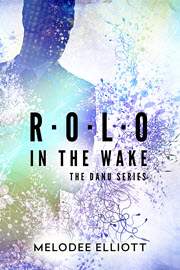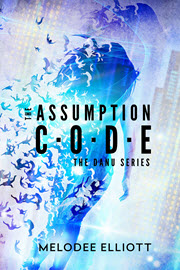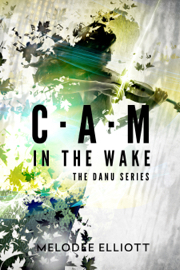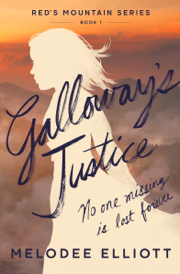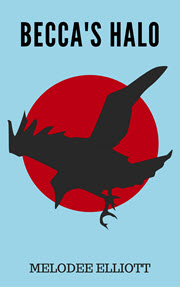
Silence between the beats
Neil Peart was a drummer for Rush, one of those big-hair bands in the 80’s-ish. He was considered to be a very skilled drummer. He then came under the tutelage of Freddie Gruber and transcended drumming into an effortless art form. He relearned his craft. Seriously, YouTube has videos on it. I recommend checking them out.
One of the aspects of his training was to treat the space between the beats in the same respect as the beats themselves. What this does is free one’s focus from the strike, the thing that fixes one’s attention. You create time.
I remember Celine Dion tell Oprah that she was so busy with her tour that she was not able to live it. I understand, and I’m not nearly as busy as she was and yet I’ve experienced it. Too many people tell each other to take it easy, go for a vacation, don’t work too hard. Bad idea. The point is, can we experience the space between the beats regardless of how busy productive we are?
Wow. Just. Wow.
Tap your finger on a table. Do you acknowledge the space between the beat? You may need to practice. Releasing the beat enabled Neil Peart to tear away at the snare drums and not break a sweat. No effort! Playing an instrument really exposes the nature of silence between the beats. The dogmatic practitioner of anything can become the artist by acknowledging the space between the beats. It’s silent.
You ever been around a person that makes you calm? He’s making space. Know a person who gets stuff done without stress? He’s making time. They acknowledge the silence between the beats.
When I write a scene, I transmit the silence between the words and allow my reader to rest in the pocket of the experience. I do this through cadence of my sentences. It allows for silences. I invite my reader to participate in the story, to experience the silence, to consider for themselves what they would do if they were in that scene, and to champion my character. That’s the power of the silence between the beats. It’s also the key to life.
Excerpt from Cam: In the Wake
Rolo shuffled one foot forward and paused. He looked weak, shrunken and aged. His face had lost its usual warmth that her mother had always fancied about him. Maybe so much so that she’d taken it with her and left behind all that mourned the loss of her. He was not himself, not the man that The Ward had relied on for so long to bear witness to the misdeeds of DanuVitro’s scientists, becoming one of them. He had lost everything, almost.
